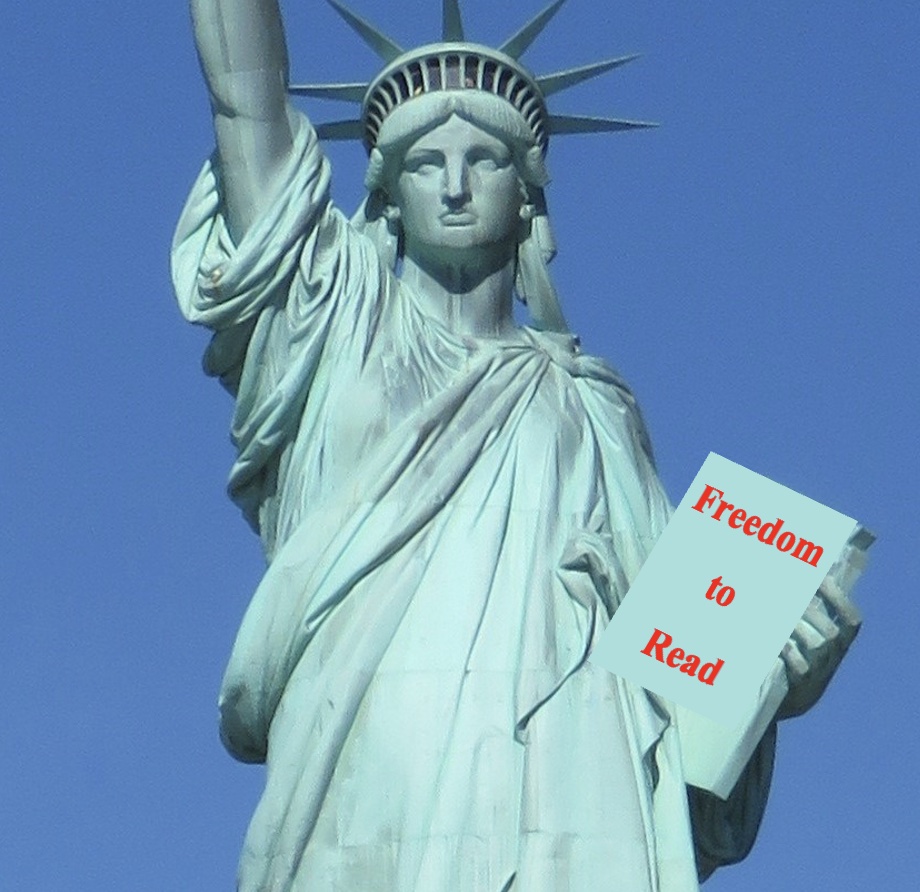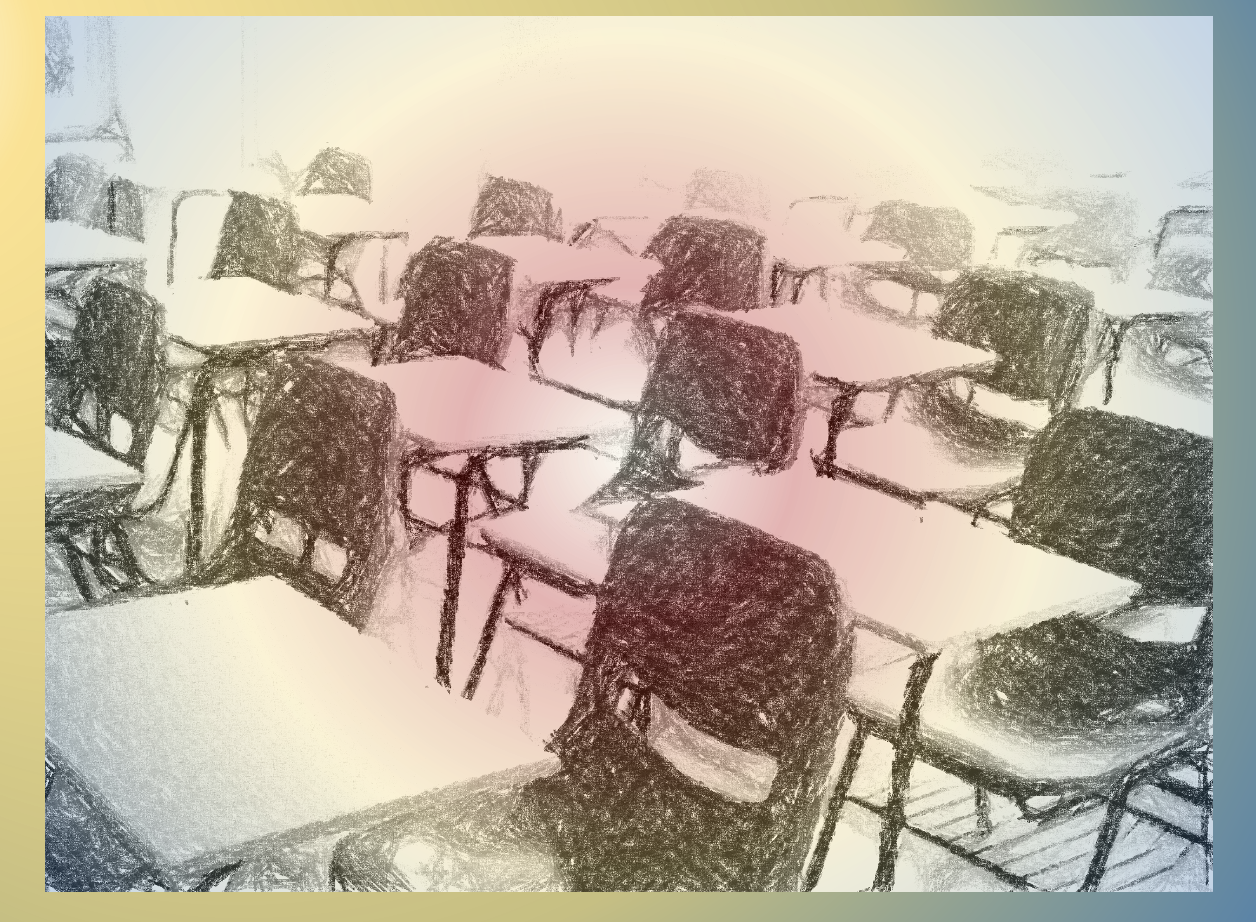At Fresno State, we recently hosted a discussion of book banning with Professor Emily JM Knox, who presented a compelling case for the need to think critically about resurgent censorship. Professor Knox discussed efforts to remove, restrict, redact, and relocate books in libraries. She has made similar points in Congressional testimony in September, 2023, where she reiterated ideas found in her book, Foundations of Intellectual Freedom.
Here in Fresno County, county libraries are restricting access to certain books, that as a Count Board resolution states “contain sexual writings, sexual references, sexual images, gender-identity content, and other sexual content or content deemed age-inappropriate.” This effort prompted the Freedom to Read Foundation, the ACLU, and others to write a strongly worded letter opposing the plan. That letter stated that the rule would violate the First Amendment and “impose an unlawful and invasive censorship regime on the constitutional right to access library books.”
The effort to balance freedom of thought with the desire to protect young people from harm is a legitimate conflict of values. There are well-meaning people on both sides of this debate. First Amendment rights are fundamental to an open society. And yet, there may be good reasons to restrict the liberty of children. We do not allow kids to buy alcohol, firearms, or pornography, or hang out in bars. But there are always risks when limiting liberty, and critics of censorship fear a slippery slope toward other restrictions of freedom of thought.
This issue seems to breed polarization. Some book ban proponents are conservative reactionaries, unhappy with society’s permissive views of gender and sexuality. A similar kind of “anti-woke” conservatism inspires those who want to ban books that discuss critical race theory. Meanwhile, the liberal critics of the anti-woke movement describe it as a war on truth and a war on black history. Liberals tend see censorship of sexual content as prudish, bigoted, intolerant, and closed-minded. But right-wingers claim that those liberals are anti-American “groomers” intent on destroying civilization. And so it goes in a polarized culture, where it is increasingly difficult to find common ground.
For my part, I am worried about a slippery slope toward broader censorship and authoritarianism. The new censorship must be understood in connection with dangerous nonsense about ‘fake news’ and the press as ‘the enemy of the people’ (as I have described in my book on Trump and tyranny).
History provides some warnings. Censorship has occurred throughout American history. In one of my first publications, I discussed the Kansas state school board’s ban on the teaching of evolution, which occurred in the 1990’s. Given this bit of recent history and the rise of Christian nationalist ideology, we ought to be worried about resurgent censorship.
Authoritarian political movements generally want to limit liberty. This is not a partisan issue. Although recent cases, and the Kansas evolution case, involve right-wing censorship, left-wing causes can also employ authoritarian tactics. Mao Tse-Tung once said that more books you read, the stupider you become. During Mao’s Cultural Revolution books were burned. More recently, Chinese Communists have staged book burnings as the Party seeks tighter ideological control.
The antidote for this is to remain committed to the fundamental value of free, open, and critical inquiry. Philosophers have defended intellectual freedom, ever since Socrates was executed for asking critical questions. Philosophers think that persuasion is superior to coercion. We think that good ideas can defend themselves without the need for censorship. There may be, in some cases, a need to protect children. But in the long run, the best way to protect both truth and democracy is to affirm the importance of a broad conception of intellectual freedom.
In my paper on the Kansas school board’s ban on evolution, I turned to one of America’s great philosophers, John Dewey, for inspiration. Dewey was a staunch defender of open inquiry and democracy. In conclusion, I want to share a couple of sentences from an essay on Intellectual Freedom written by Dewey during his visit to China over a hundred years ago:
A dictatorship can endure only when its people are denied the freedom to think, to speak, and to publish freely; to state the converse, the enjoyment of intellectual freedom would guarantee the overthrow of the dictatorship…. Freedom of intellectual life is not only indispensable to a democratic society, but is also the most greatly feared threat to a dictatorial government. In fact, we can say that this freedom is a necessary condition to human progress.




